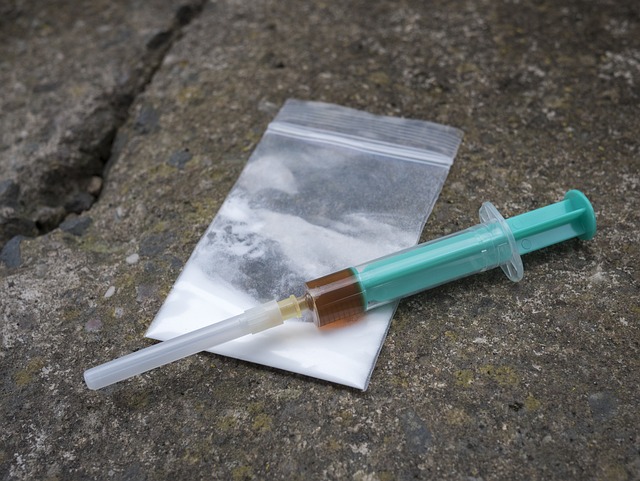Substance abuse refers to the harmful use of addictive substances including alcohol, prescription drugs, and illegal drugs. Abuse of these substances negatively impacts a person’s health, relationships, finances, and more. Prevention aims to stop substance use disorders before they start.
Many actions can aid prevention efforts. This article will provide tips that individuals, families, schools, and communities can implement to help prevent substance abuse. Continue reading to learn useful prevention strategies.
Educate Children Early On About Substance Abuse Risks:
One of the most important prevention tactics is educating children early on about the risks of drugs and alcohol. Schools should incorporate age-appropriate substance abuse education starting in elementary school and continuing through high school. Lessons should aim to increase students’ understanding of the harmful physical, mental, social, and legal consequences associated with substance misuse and addiction.
Curriculums can utilize engaging teaching methods like role-playing exercises. Parents also need to have regular conversations with kids about the dangers of substance use. Children armed with knowledge about risks are less likely to experiment with drugs or alcohol. Ongoing education from an early age is key.
Promote Healthy Activities For Children And Teens:
Prevention also involves promoting positive outlets for children and teens, such as sports, clubs, music, art, and other hobbies. Kids engaged in healthy activities have less time and desire to experiment with substance misuse. Schools and communities can facilitate participation by creating various teams, groups, classes, and events tailored to young people’s interests.
Parents can encourage children to get involved based on their passions, be it chess club, student council, soccer, or band. When kids’ physical, mental, social, and emotional needs are met through healthy activities, the appeal of alcohol and drugs decreases.
Provide Substance Use Assistance:
For those struggling with substance use disorders, easy access to treatment and recovery services supports prevention. Substance use assistance in Alabama offers a variety of assistance options, both public and private. Examples include inpatient detoxification, outpatient counseling, 12-step programs, medication-assisted treatment, and peer support groups. Schools can connect students to help.
Doctors can refer patients to programs and therapists. Churches can guide members to community resources. The easier it is for people to get substance abuse treatment, the more prevention occurs. Addressing burgeoning problems prevents full addiction from taking hold.
Strengthen Family Bonds And Communication:
Substance abuse prevention begins at home. Research shows children raised in stable, nurturing family environments with strong communication are less likely to develop drug or alcohol problems. Parents need to be tuned in to what is happening in their kids’ lives by asking open-ended questions, actively listening, being non-judgmental, and staying calm.
Any concerns about substance use or changes in behaviors, friends, activities, or academics should be addressed right away. Parents can reinforce anti-use messages while building trust and strengthening familial bonds. Family-based prevention reduces risks.
Limit Access To Prescription Medications:
Prevention also requires limiting access to addictive prescription medications, especially for young people. Parents should keep prescription drugs secured in locked medicine cabinets and safely dispose of any unused pills. Doctors should prescribe the minimum dosages and durations needed for conditions. Pharmacies should closely track medications distributed to prevent forgeries.
Prescription drug take-back programs help get leftover opioids and sedatives out of the home. Restricting access makes it more difficult to obtain and misuse prescription medicines. These measures are necessary to curb the prescription drug abuse epidemic, which often begins in the teenage years.










